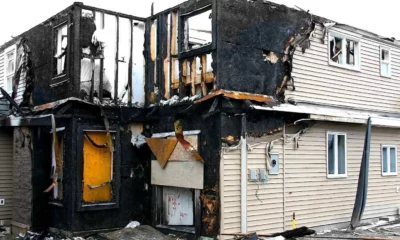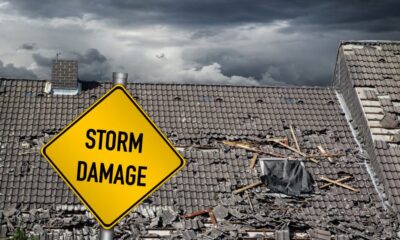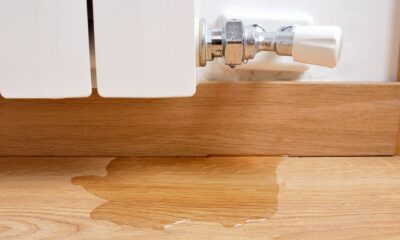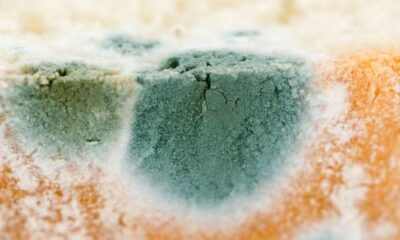More in Business
-
The Aftermath of Fire Damage – What Comes Next?
Fire damage can be a devastating event, leaving homes and businesses in disarray. The destruction is often...
William Turner February 18, 2025 -
Surviving the Storm: What You Need to Know About Damage and Recovery
Storms produce wind, water, hail, and electrical damage. High winds tear off roofing, shatter windows, and uproot...
William Turner February 18, 2025 -
Helping Your Home After Burst Pipe Damage
A burst pipe is one of the most serious emergencies your home can face. It can cause...
William Turner February 18, 2025 -
Appliances Can Cause Unwanted Mold Growth in Your Home
Mold thrives in damp, warm environments, making kitchens, bathrooms, and laundry rooms the most susceptible areas in...
William Turner February 18, 2025 -
Full-Spectrum Mitigation and Remediation Interventions Essential for Storm Damage Recovery
Professional Wrap-Around Restoration Services Vital to Successful Outcomes Extreme weather is everywhere, resulting in catastrophic harm to...
William Turner October 29, 2024
Scroll for more
Tap
-
The Aftermath of Fire Damage – What Comes Next?BusinessFebruary 18, 2025
-
Surviving the Storm: What You Need to Know About Damage and RecoveryBusinessFebruary 18, 2025
-
Helping Your Home After Burst Pipe DamageBusinessFebruary 18, 2025
-
Appliances Can Cause Unwanted Mold Growth in Your HomeBusinessFebruary 18, 2025
Categories
Archives
- February 2025
- October 2024
- September 2024
- March 2024
- February 2024
- January 2024
- December 2023
- November 2023
- September 2023
- July 2023
- June 2023
- February 2023
- January 2023
- December 2022
- November 2022
- October 2022
- August 2022
- February 2022
- January 2022
- December 2021
- November 2021
- June 2021
- May 2021
- August 2020
- June 2020
- May 2020
- March 2020
- January 2020
- December 2019
- November 2019
- July 2019
- April 2019
- November 2018
- October 2018
- August 2018
- July 2018
- February 2018
- December 2017
- October 2017
- July 2017
- September 2016
- August 2016
- June 2016
- May 2016
- April 2016
- March 2016
- February 2016
- January 2016
- November 2015
- February 2015
- January 2015
- December 2014
- November 2014
- October 2014











Facebook
RSS